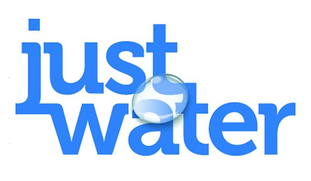
They include St George's Cathedral in Cape Town, South Africa; St Paul's Cathedral in London, UK; St Paul's Cathedral in Melbourne, Australia; and Trinity Church Wall Street in New York, USA.
For more details, read our story on our News & Resources page and on the JustWater2017.org website.
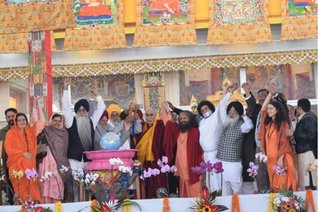
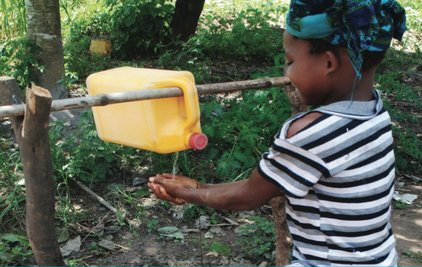
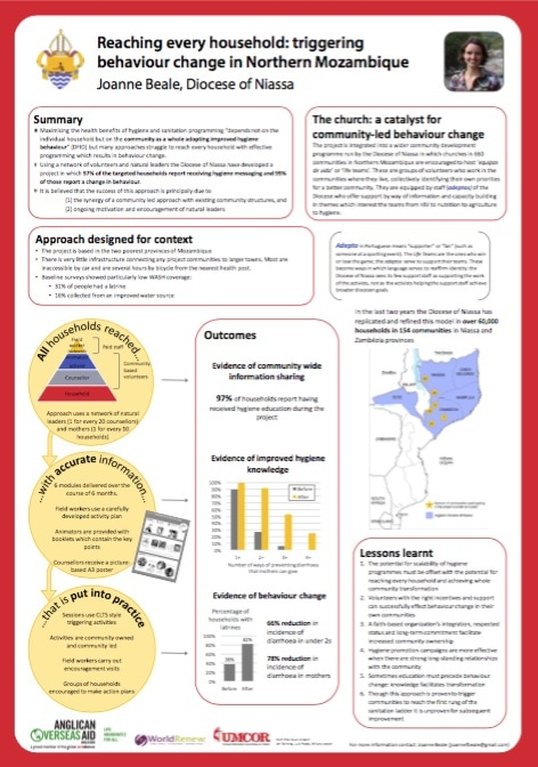
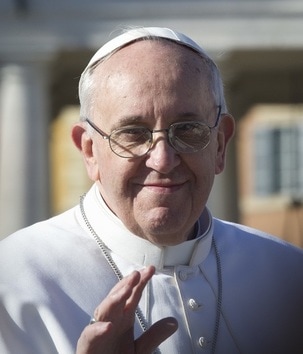
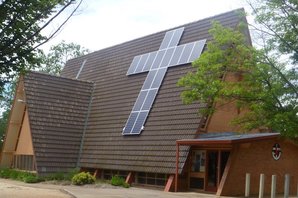
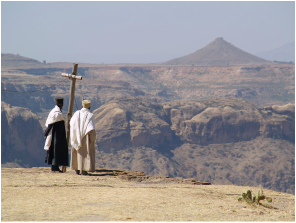
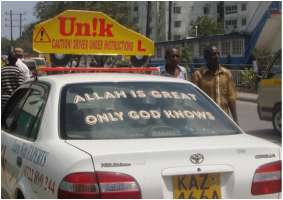
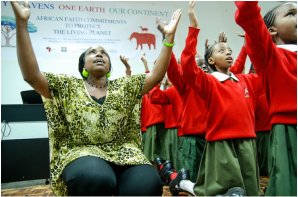
 RSS Feed
RSS Feed
